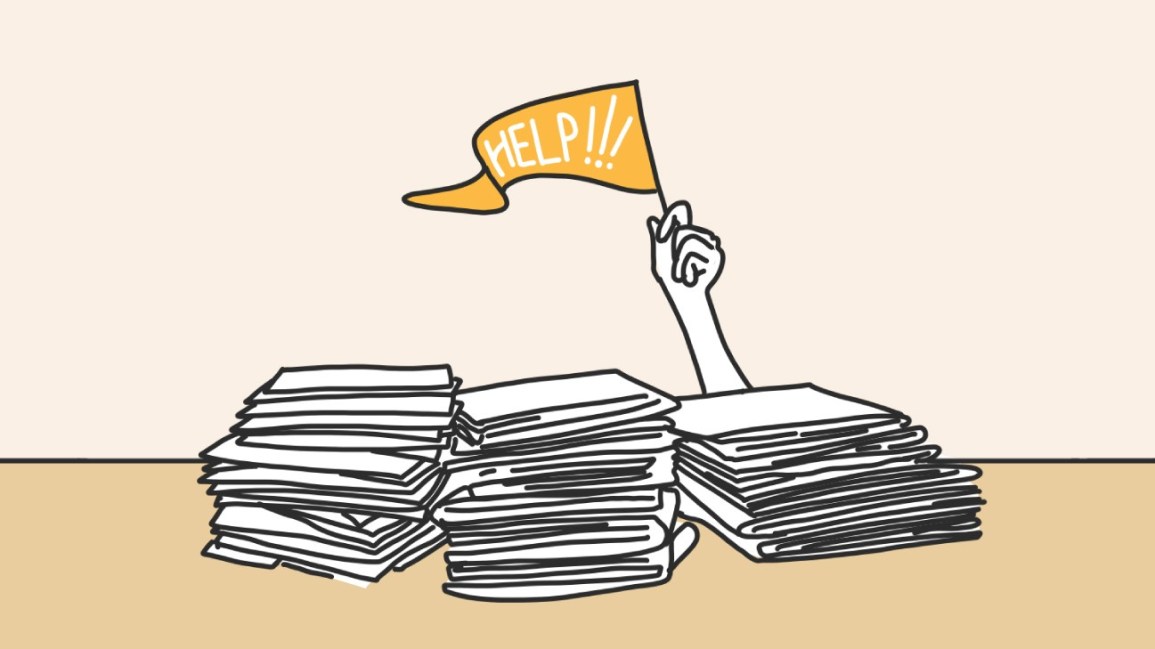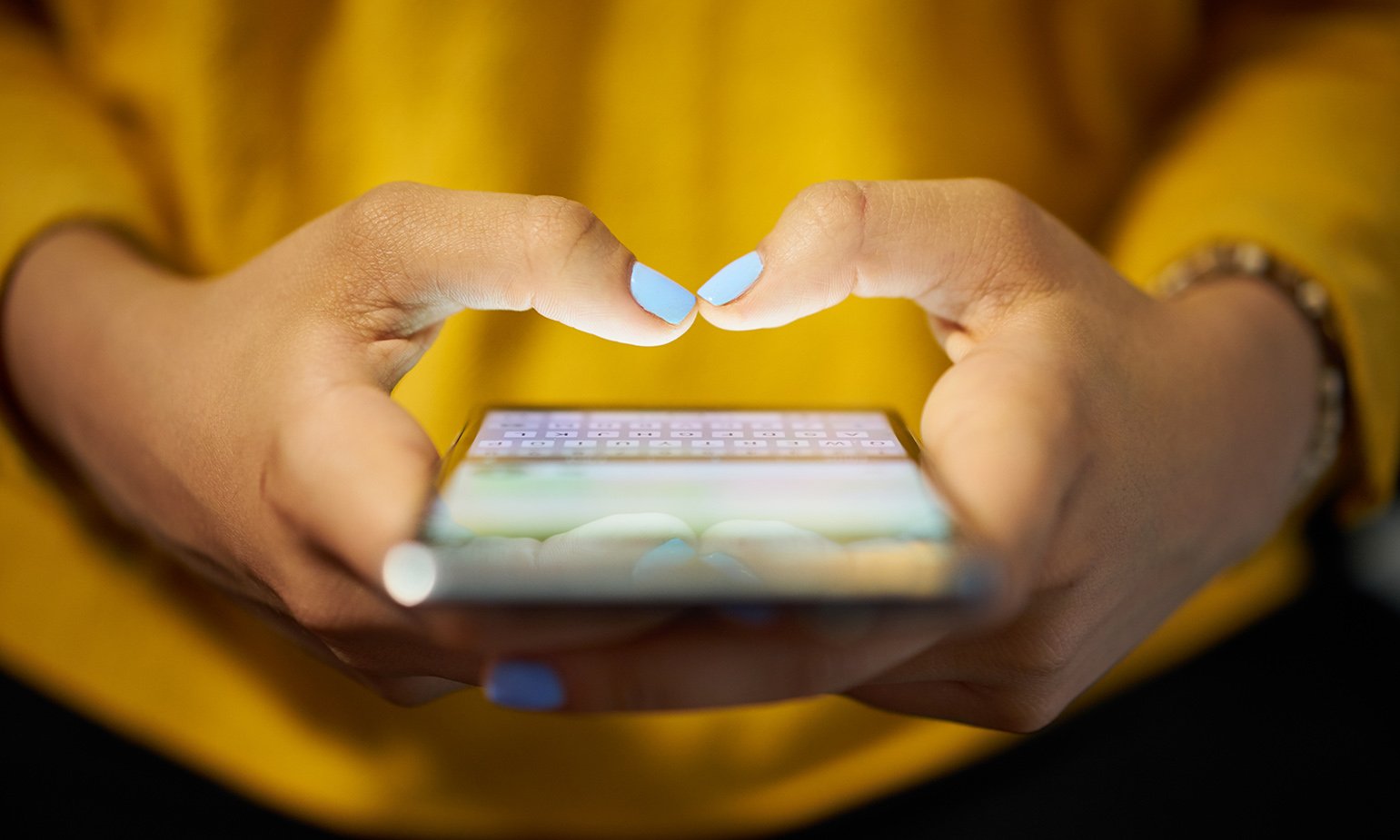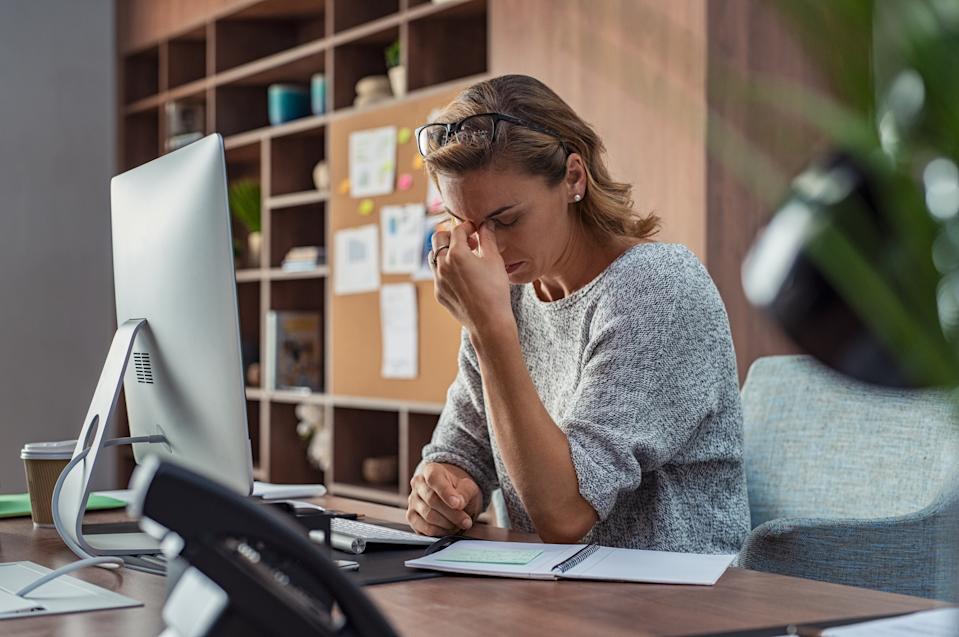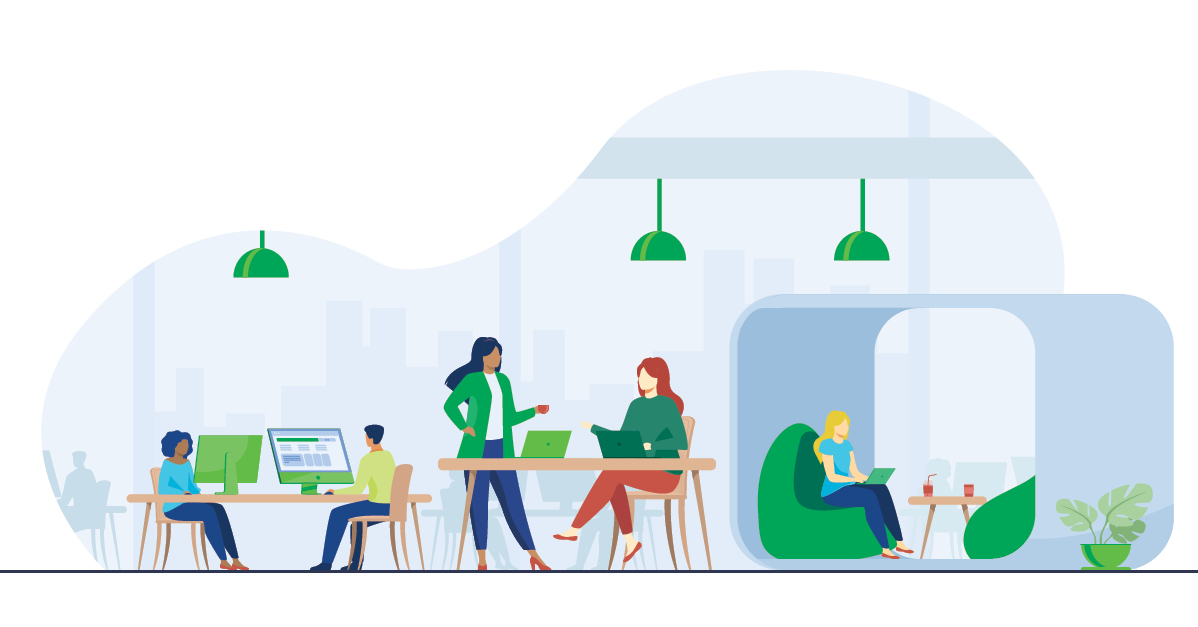Deciding to take day off of labor is not simple. Taking a go away of absence for mental health causes is even more durable. Making the choice to step again for your psychological wellbeing whenever you occur to be the youngest member of Britain’s Parliament?
That’s an especially bold and brave choice
In late May, 24-year-old Nadia Whittome shared that she had been recognized with post-traumatic stress disorder. She announced that she was taking a number of weeks off as advised by her doctor. “Through being open about my own psychological well being battle, I hope that others will also really feel able to discuss theirs, and that I can play a small function in creating larger acceptance and facilitating more healthy discussions round this problem,” she wrote on her website.

Days later, tennis star Naomi Osaka announced she was withdrawing from the French Open after refusing to speak with the media. Osaka revealed she had “suffered long bouts of despair” since winning her first Grand Slam title in 2018. Whittome and Osaka aren’t alone of their decisions to step back from work for their psychological well being. Healthcare workers and academics are leaving their positions in droves, citing burnout from the Covid-19 disaster. Journalists are stepping back from their high-stress jobs too; Stacy-Marie Ishmael wrote about her decision on Twitter in March. “I’m taking a break,” she wrote. “I’m stepping down from @TexasTribune, where I’ve spent the last year working at a relentless and breakneck pace to ensure that our journalism may rise to the calls for of the moment.” “It did. We did,” Ishmael continued, “And within the process, I *totally* burned out.”
In the United States, there’s a shared sense of optimism as Covid-19 restrictions are being lifted throughout the country and persons are returning to their old routines. But experts warn that there’s a second wave of mental well being challenges to contend with — the long-term effects of heightened anxiety, despair, stress and isolation that countless Americans have confronted all through the pandemic. Considering this, it isn’t a surprise that many individuals who can are selecting to take time off from work. Although it’s a privilege not afforded to everybody, quickly stepping away from our jobs can have some main advantages. Taking time off can enhance long-term job performance and keep away from short-term burnout. Research exhibits that individuals who take sabbaticals not solely profit from reduced stress during their day with no work, but additionally experience much less stress after returning to work. I would know. In 2017, a quantity of months after my husband unexpectedly passed away, I found myself struggling at work. I was having hassle concentrating, found it difficult to care about duties, and I had to escape to the workplace bathroom to cry extra times than I may count. After a couple of weeks of going through the motions of my job, I requested my bosses for a three-month sabbatical from work.

Thankfully, they agreed and paid half of my wage throughout my sabbatical
When I returned to the workplace, I was more engaged and productive. I was higher capable of focus on duties and once once more cared concerning the work I was doing. Most importantly, I was in a better spot mentally and emotionally. Although I had an extended road of healing ahead of me, I had given myself some much-needed time to lean into my grief as an alternative of trying to push aside my emotions on the workplace. According to a 2020 report from the Commonwealth Fund, Americans suffered extra mental health penalties from the Covid-19 disaster than people in 9 different high-income countries Thirty-three % of respondents reported experiencing stress, anxiety or main disappointment that was tough to cope with alone. These are feelings that shouldn’t be ignored. I know that, unfortunately, taking day with no work of work is not an possibility for everybody, however I do want we had been granted more opportunities to prioritize our mental wellbeing over private productiveness. Here are the teachings I realized from my sabbatical.

Perhaps you can use them, too. Have a plan in place When I requested my bosses for time off, I had already written out what tasks I was responsible for and had provided up methods to delegate those duties whereas I was out. Presenting this resolution made it a lot simpler for higher-ups to grant my request. It additionally alleviated a number of the guilt I felt about temporarily abandoning my duties. Whittome, the British politician, did the same. “While I am away, constituents ought to proceed to contact my workplace as regular. My fantastic workers staff will nonetheless be there to help you with any issues you might have.” Before you are taking day off, discover what options you might have for monetary support. You would possibly be capable of use accrued paid vacation, sick leave or family depart. Workers may be coated beneath the Families First Coronavirus Response Act, which requires some employers to supply staff with paid sick go away or expanded household and medical leave for reasons related to Covid-19. If paid day off isn’t an option, think about setting aside some money to cowl costs when you’re not working. Again, not everybody has the privilege of doing this — but when it’s attainable, it is a sensible thought. Figure out your month-to-month costs, and set a savings goal. Allow your self to really feel your emotions Work takes up a lot of our time. And if we stop working? There’s plenty of time to fill. Some of the feelings you would possibly have been pushing aside in order to get things done will probably come bubbling up. Grief, anger, unhappiness, concern, melancholy, and so on. Even although it’s uncomfortable, try and really feel those feelings. This is the place the actual therapeutic begins. During my sabbatical, I labored via my grief and other tough feelings through a mix of journaling, therapy and lots of long walks in nature. It all helped. Even although facing my unhappiness was scary, it was precisely what I needed — and exactly what I wasn’t able to do in a bustling office. Identify ways to support yourself upon return Taking time off allowed me to assess what I missed about work and what routines have been unhealthy for me. Catching up with coworkers over lunch? Great! Eating a tragic desk lunch alone in front of my computer? Not so good. Before I returned to the workplace, I made a listing of work resolutions, including avoiding screens at certain hours, limiting the number of meetings in a day, and turning off Slack and other distractions when I wanted to do some deep thinking. All of this stuff made for a smoother and less annoying transition back to the workplace. While not everyone can take day with no work from work, there are steps people can take when it looks like burnout is on the horizon. Prioritize your mental well being Even if you don’t have the choice to step away out of your job, you’ll find a way to still set boundaries that assist your psychological wellbeing, like Osaka did in selecting not to communicate with the media. Many mental well being advocates have applauded Osaka for her daring choice. “Let’s allow Naomi Osaka to be a shining instance of holding your boundaries to prioritize peace,” therapist Nedra Glover Tawwab posted on Instagram. “Your mental well being is more essential than pretending to be okay for others.” If you’re affected by despair, anxiousness or having bother focusing, it is value looking for support. Your office might have an Employee Assistance Program that provides free, confidential counseling. You could start a meditation apply or begin journaling about your emotions. Or you can take a web page from Osaka’s guide and establish a specific work stressor and look for methods to step away from it. Can you cease responding to emails after dinnertime? Block off time in your calendar to avoid back-to-back meetings? Negotiate for a hybrid work schedule so you don’t have to commute to the office five days a week? Look for tactics to set boundaries that work best for you and your mental wellbeing. Make time for gratitude This ultimate tip is the simplest and, perhaps, the best.
Time and again, analysis has proven the advantages of gratitude
People who take time for gratitude are typically happier and more healthy and have higher relationships with others. At the same time, they’ve lower ranges of unfavorable feelings similar to anger, depression and disgrace. Right now might really feel like an odd time to be grateful. We’re still in the midst of a pandemic. There are nonetheless 1000’s of individuals dying from Covid-19 worldwide each day. But it is through the darkest instances that gratitude can profit us most. As I wrote in November 2017, months after returning to work from my sabbatical, “Gratitude has saved me.” “In the months since my husband unexpectedly died, I’ve struggled,” I wrote. “I’ve felt hopeless and scared. I’ve been offended and misplaced. I’ve hit plenty of low points. But I’ve pulled myself out of those ruts again and again by finding issues to be thankful for.” Taking a little bit of time each day for gratitude works wonders. You might start a gratitude follow on the dinner desk, where everybody shares something they’re grateful for.

You could put aside 5 minutes every morning to provide thanks over a warm cup of espresso. Or you can do what I did in 2017, and record three issues on the finish of each day that you just appreciated. I still take a look at that gratitude journal from time to time; it reminds me how lucky I was, even when life was impossibly exhausting. We had been all thrown into the pandemic on the similar time, but we’re emerging from lockdown at totally different paces and in numerous ways. Some of us have lost loved ones to Covid-19. Almost all of us have misplaced a sense of safety and security that we once had. We’ve all been via main changes and we’re all feeling the effects of those changes. I’m heartened by the fact that leaders like Whittome, Osaka and Ishmael are speaking brazenly about their psychological well being. It’s a silver lining of the pandemic — more of us are publicly admitting when things aren’t OK. If we do not take care of ourselves, we can’t deal with other issues — together with our jobs. As we continue to readjust to life after lockdown, I hope we can all find ways to attend to our mental wellbeing and to encourage others to do the same.

